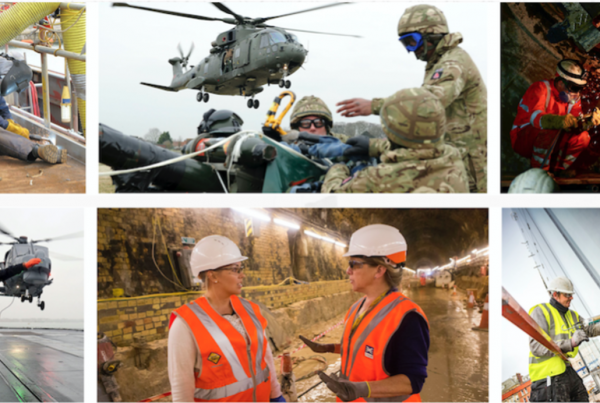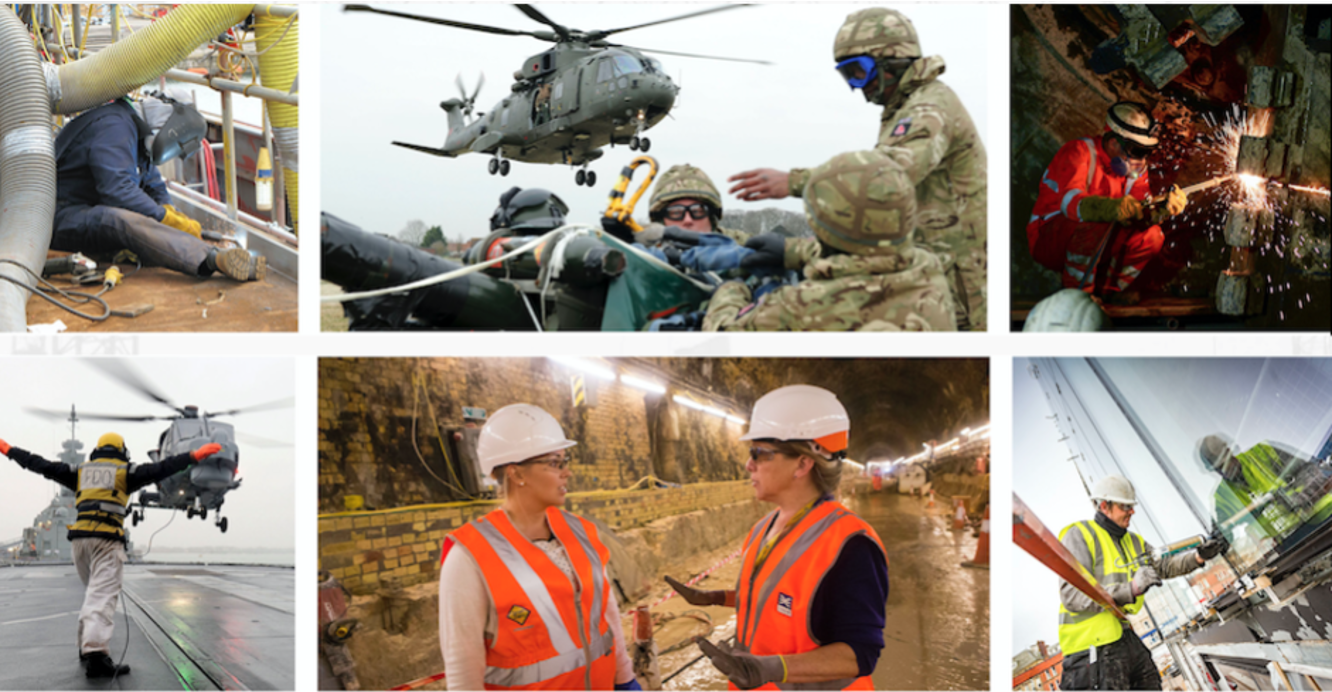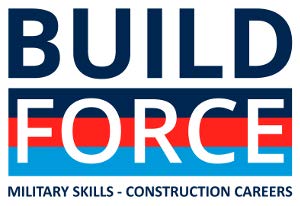For my very first post, I thought I would look back to an article which, is very close to my heart, that I wrote back in 2017 for Construction News, outlining why employing ex-military personnel in the construction industry was a win-win. The content is as relevant today as it was when I initially put my thoughts down on paper. Since then, organisations like BuildForce have strived to get more ex-military into construction; a bit of a slog but there have been some huge successes with many more on the horizon. Interestingly, in the Spring Budget 2020 the Government announced its intention to introduce National Insurance contribution relief on the wages of veterans for the first 12 months of their civilian employment which, will be available to employers from April 2021. The consultation seeks views on a range of issues including how the Government intends to define ‘veterans’ for this relief, the employment periods that should qualify, and how it should be administered – what a great opportunity for businesses large and small to benefit from this reservoir of largely untapped potential. Please read-on for the full article…
08 FEB 2017 BY ANDYPARKER
As an industry, we are facing a skills shortage of around 220,000 people. As well as training the next generation, we face ever-increasing competition from other sectors to recruit the right people. I believe that the armed forces provide a valuable and mutually beneficial solution.
Every year approximately 14,000 personnel leave the armed forces, many of them in search of a second career. The problem lies with understanding on both sides: what transferable skills can service-leavers and veterans bring to the industry and what opportunities are available in construction?
Many companies have limited knowledge and experience of military career paths. From their selection at the Careers Office and subsequent graduation from their initial training, soldiers, sailors and airmen receive a high level of ongoing professional and personal development training.
People skills – Professional training speaks for itself, but it is the ‘personal’ side of training that is invaluable. This is more diverse and includes leadership, time management and teamwork – all skills that are difficult to quantify. Combine those with their discipline, determination and ability to work in demanding conditions, and former service personnel can quickly become effective construction employees given the right industry-specific training.
I started my 27-year RAF career as an airman, progressing through the ranks before becoming commissioned in 2001.
From there my roles were predominantly general management across the UK and overseas, latterly specialising in infrastructure, during which time I completed a masters degree in facilities management. My final tour was as the military assistant to the base commander in Kandahar, Afghanistan.
The transition for me was relatively straightforward. I knew what I wanted to do and the opportunity to work with a large main contractor was perfect.
As well as convincing our industry that ex-military should be recruited (an easy sell), we also need to convince service-leavers and existing veterans that their skills are attractive to our industry.
Making the connection – One of the initiatives with which I have been fortunate to be involved is the establishment of Buildforce.
Buildforce aspires to become a UK-wide alliance of employers, industry bodies and service charities supported by government to enable service-leavers and veterans to pursue careers in construction. It does this by providing a co-ordinated platform for the industry to engage with the ex-military community.
In essence, BuildForce connects service-leavers and veterans with employers, recognising that their skills are directly transferable and relevant to the construction industry. This is an interesting challenge and its success depends on more companies, particularly small to medium enterprises, joining the alliance and helping maximise its potential.
Recruiting from the military is just the beginning and will not fully address the skills shortage – the hole is too big. We must continue to work hard to showcase our industry to ensure service-leavers and veterans see it as a good opportunity for a second career. The more companies that take advantage of the immeasurable benefits from ex-military recruitment, the stronger the industry will become.
Coming Soon 1
 Ex-military personnel offer a win-win skills solution
Ex-military personnel offer a win-win skills solution




